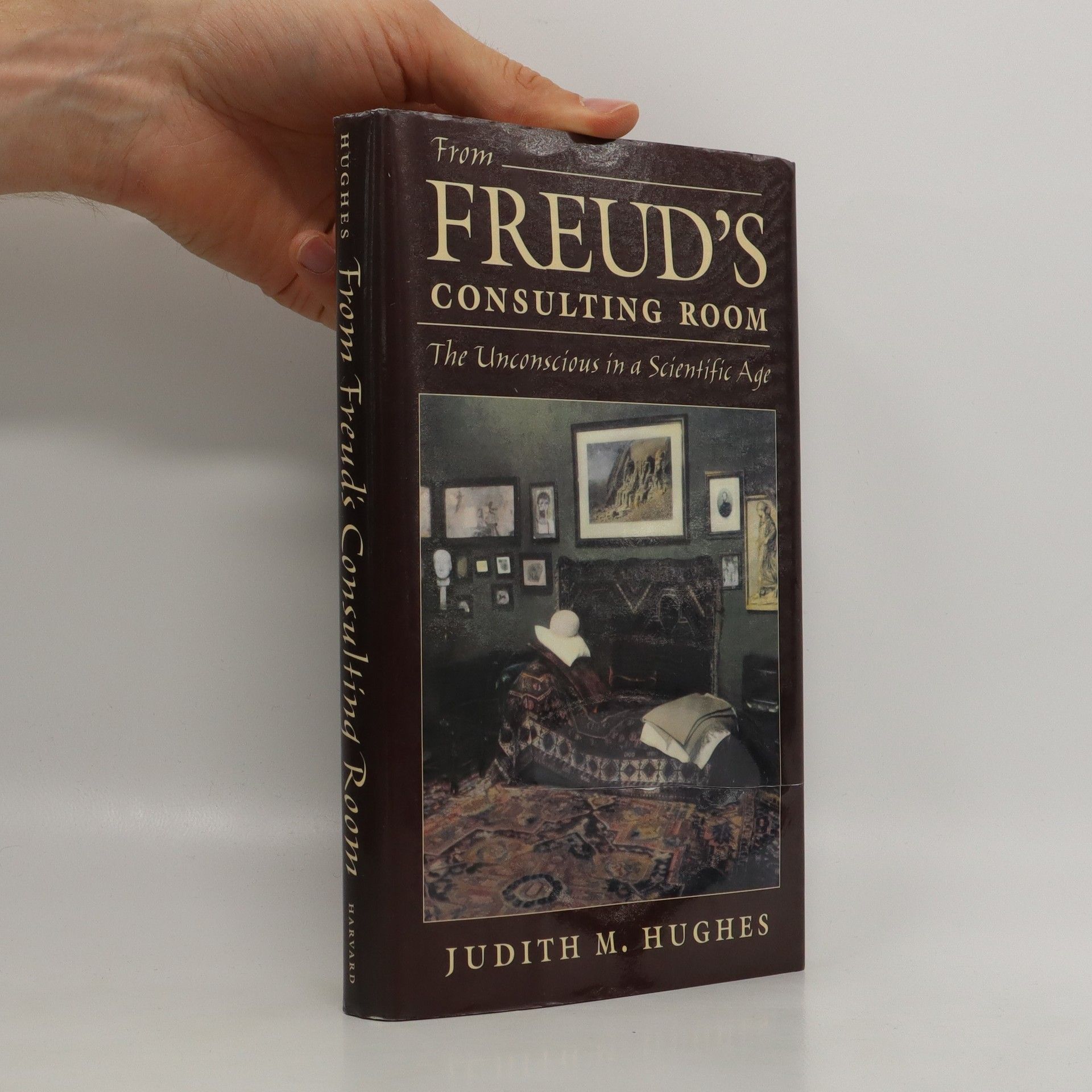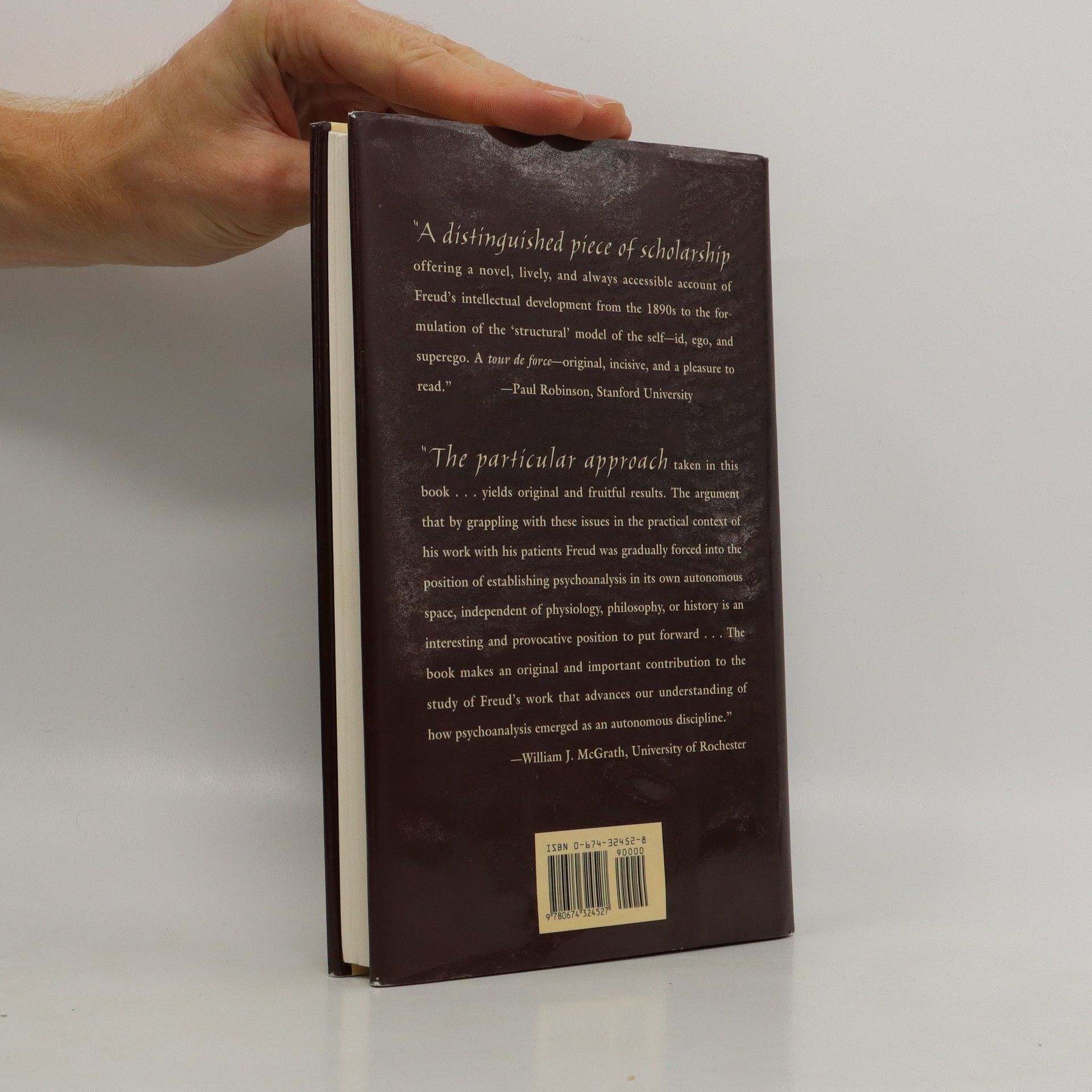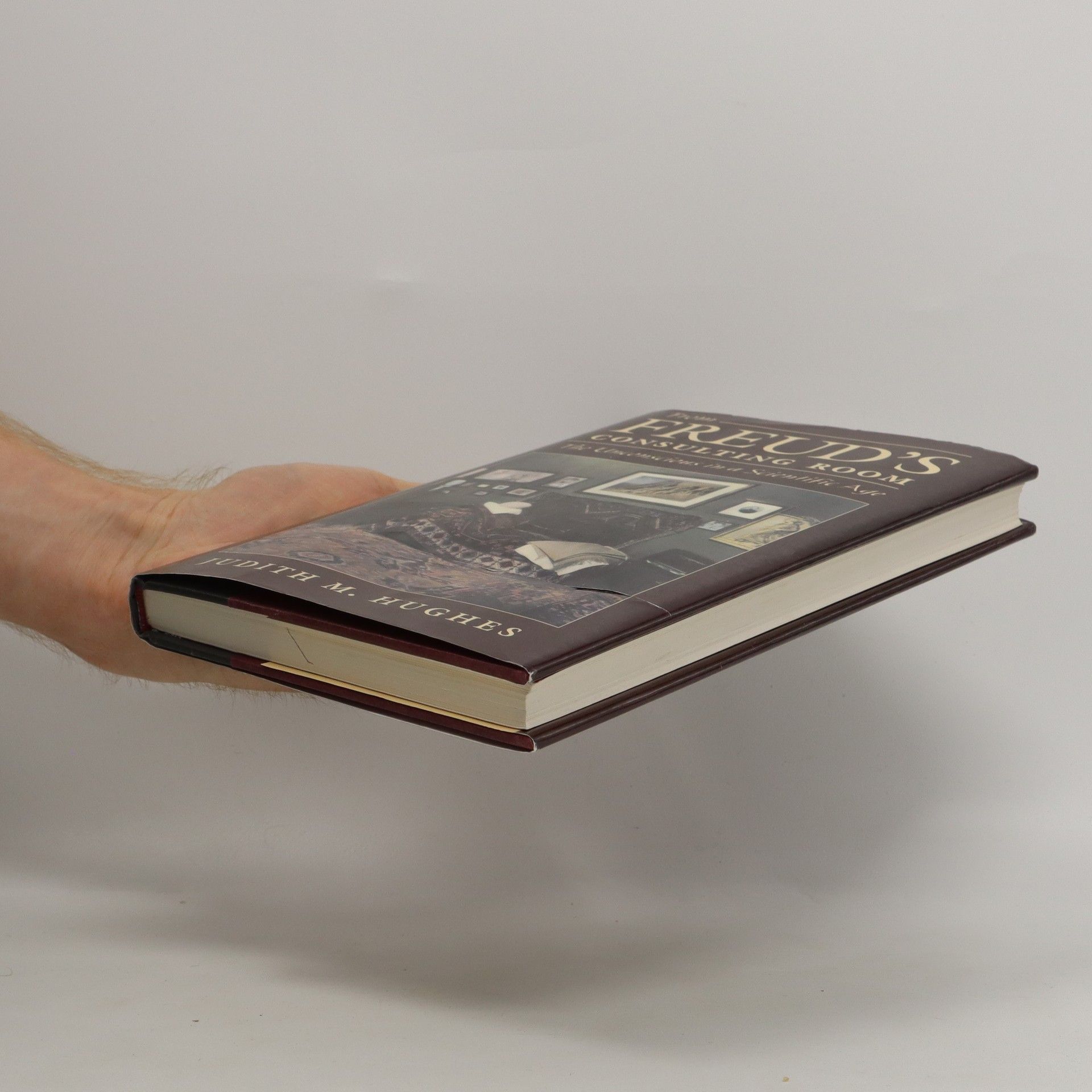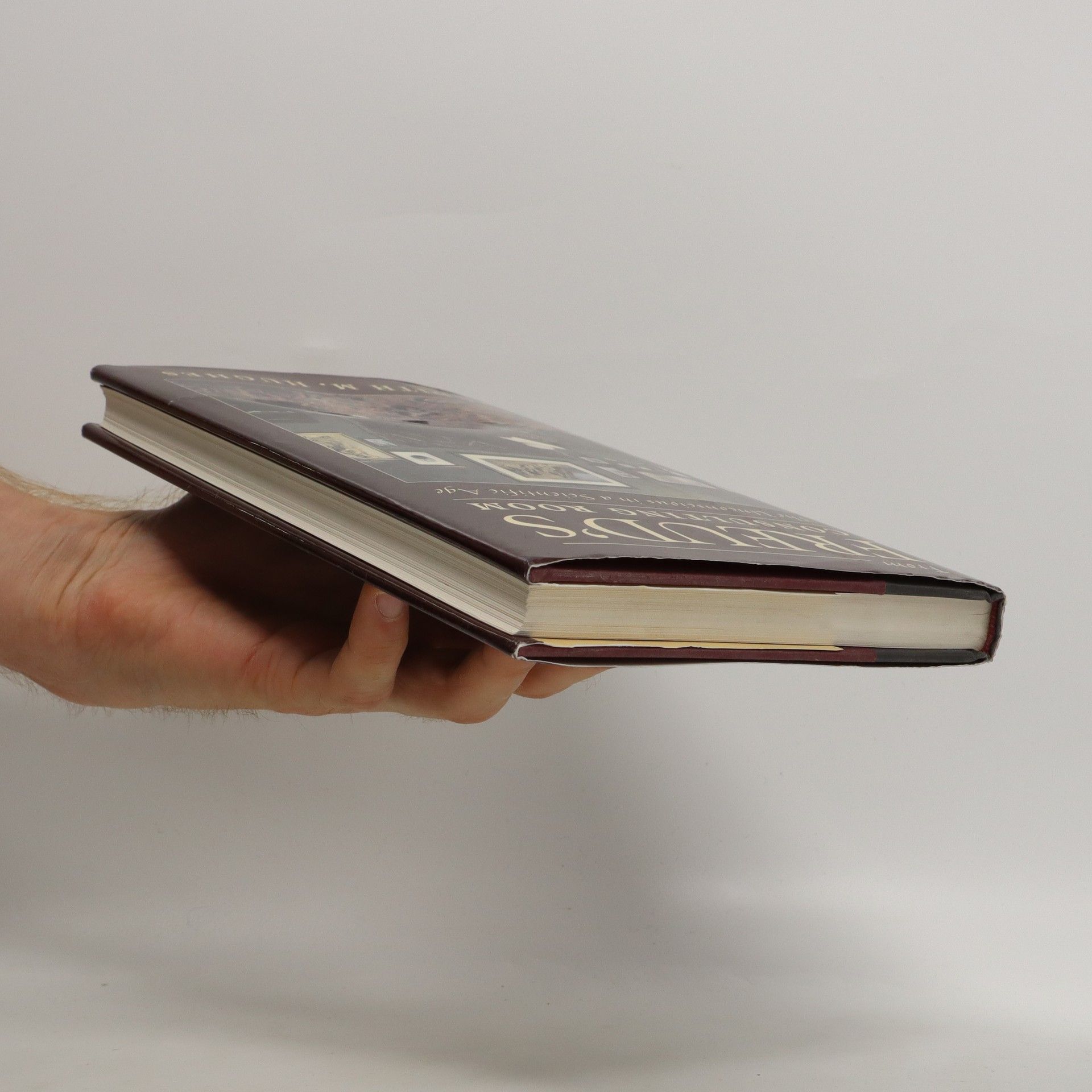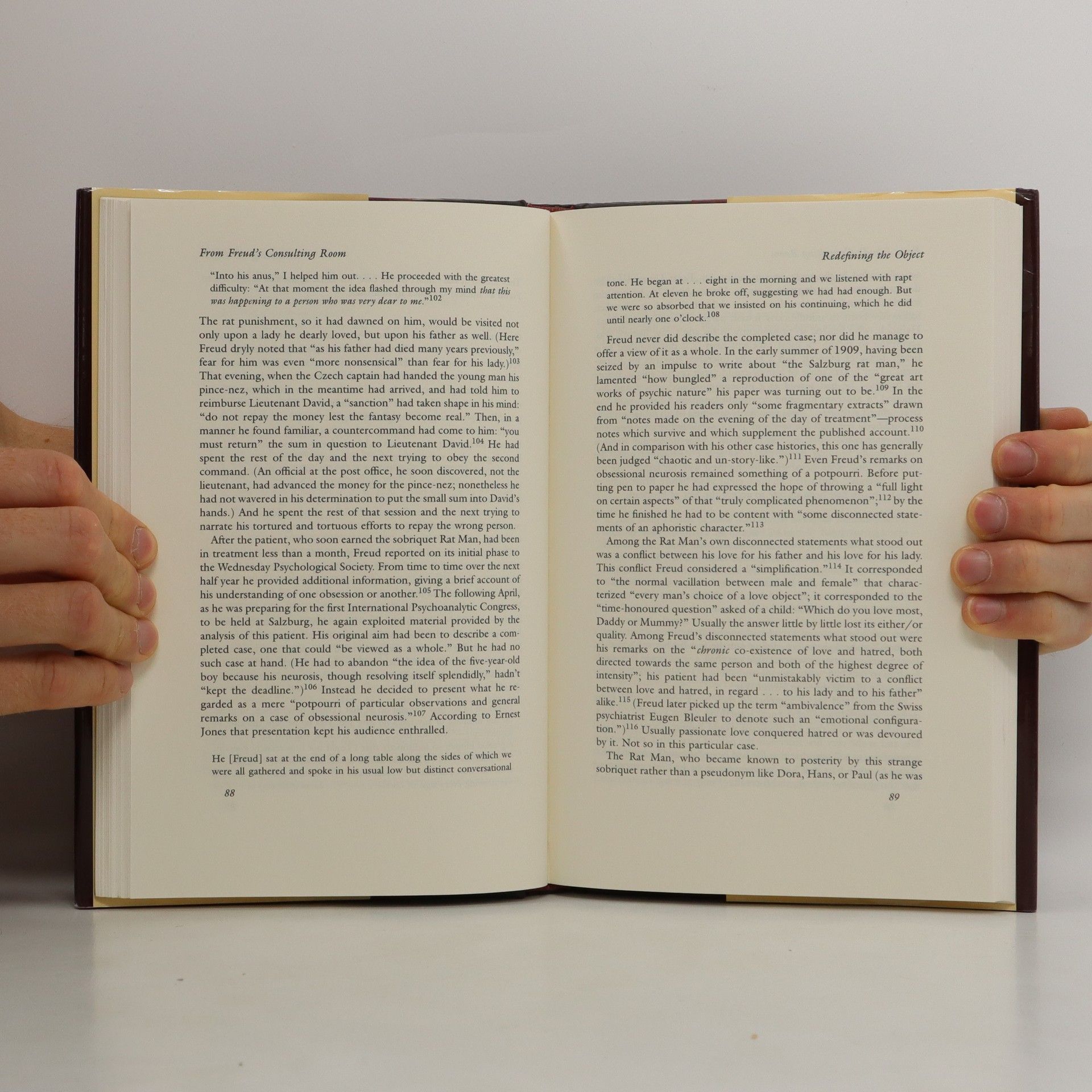Parametry
Kategorie
Více o knize
The science of mind has been plagued by intractable philosophical puzzles, chief among them the distortions of memory and the relation between mind and body. Sigmund Freud's clinical practice forced him to grapple with these problems, and out of that struggle psychoanalysis emerged. From Freud's Consulting Room charts the development of his ideas through his clinical work, the successes and failures of his most dramatic and significant case histories, and the creation of a discipline recognizably distinct from its neighbors. In Freud's encounters with hysterical patients, the mind-body problem could not be set aside. Through the cases of Anna O., Emmy von N., Elisabeth von R., Dora, and Little Hans, he rethought that problem, as Hughes demonstrates, in terms of psychosexuality. When he tried to sort out the value of memories, with Dora and Little Hans as well as with the Rat Man and the Wolf Man, Freud reintroduced psychosexuality and elaborated the Oedipus complex. Hughes also traces the evolution of Freud's conception of the analytic situation and of the centrality of transference, again through the clinical material, including the case of Freud himself, who at one point figured as his own "chief patient". Moving from case to case, Hughes has coaxed them into telling a coherent story. Her book has the texture of intellectual history and the compelling quality of a fascinating tale. It leads us to see the origins and development of psychoanalysis in a new way.
Nákup knihy
From Freud's Consulting Room, Judith M. Hughes
- Jazyk
- Rok vydání
- 1994
Doručení
Platební metody
Navrhnout úpravu
- Titul
- From Freud's Consulting Room
- Jazyk
- anglicky
- Autoři
- Judith M. Hughes
- Vydavatel
- Harvard University Press
- Vydavatel
- 1994
- ISBN10
- 0674324528
- ISBN13
- 9780674324527
- Kategorie
- Psychologie
- Anotace
- The science of mind has been plagued by intractable philosophical puzzles, chief among them the distortions of memory and the relation between mind and body. Sigmund Freud's clinical practice forced him to grapple with these problems, and out of that struggle psychoanalysis emerged. From Freud's Consulting Room charts the development of his ideas through his clinical work, the successes and failures of his most dramatic and significant case histories, and the creation of a discipline recognizably distinct from its neighbors. In Freud's encounters with hysterical patients, the mind-body problem could not be set aside. Through the cases of Anna O., Emmy von N., Elisabeth von R., Dora, and Little Hans, he rethought that problem, as Hughes demonstrates, in terms of psychosexuality. When he tried to sort out the value of memories, with Dora and Little Hans as well as with the Rat Man and the Wolf Man, Freud reintroduced psychosexuality and elaborated the Oedipus complex. Hughes also traces the evolution of Freud's conception of the analytic situation and of the centrality of transference, again through the clinical material, including the case of Freud himself, who at one point figured as his own "chief patient". Moving from case to case, Hughes has coaxed them into telling a coherent story. Her book has the texture of intellectual history and the compelling quality of a fascinating tale. It leads us to see the origins and development of psychoanalysis in a new way.
